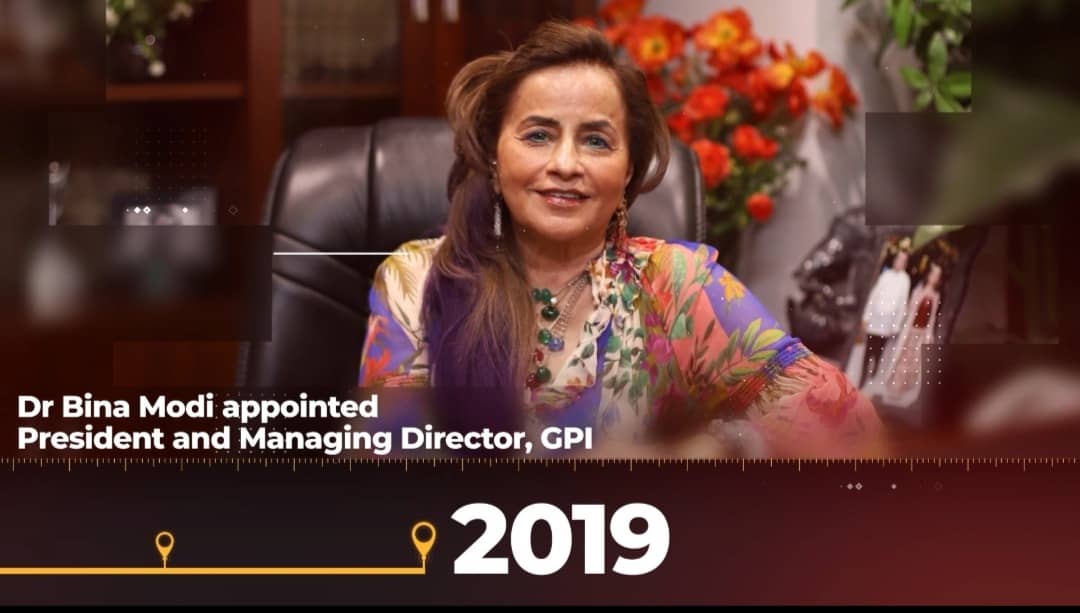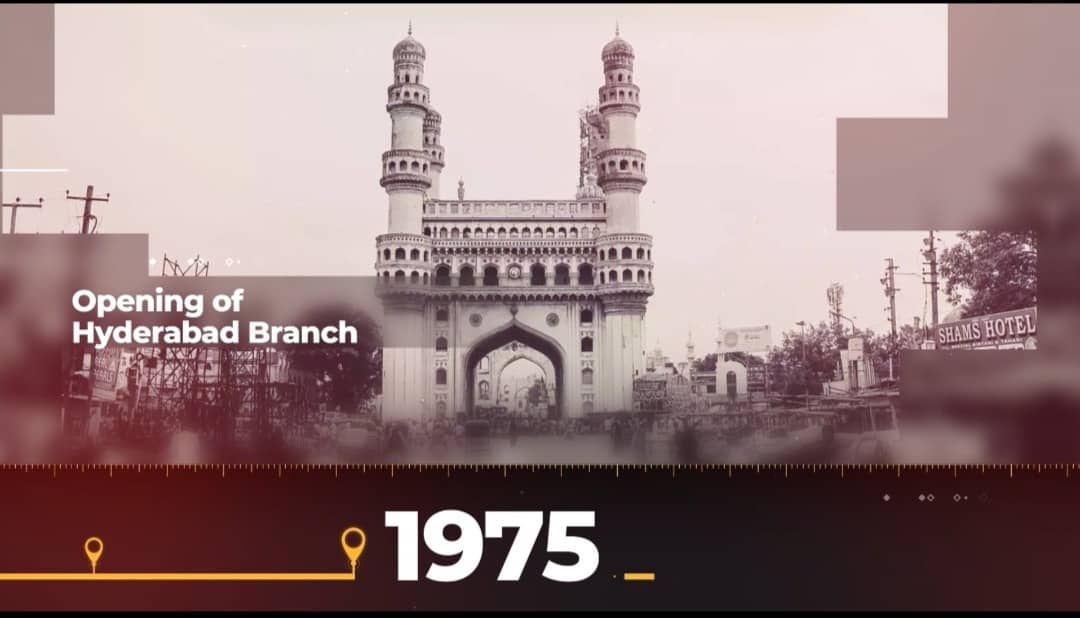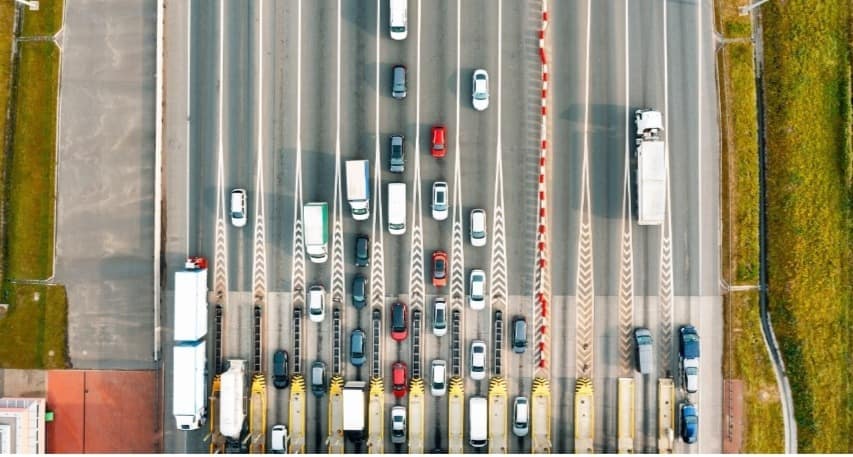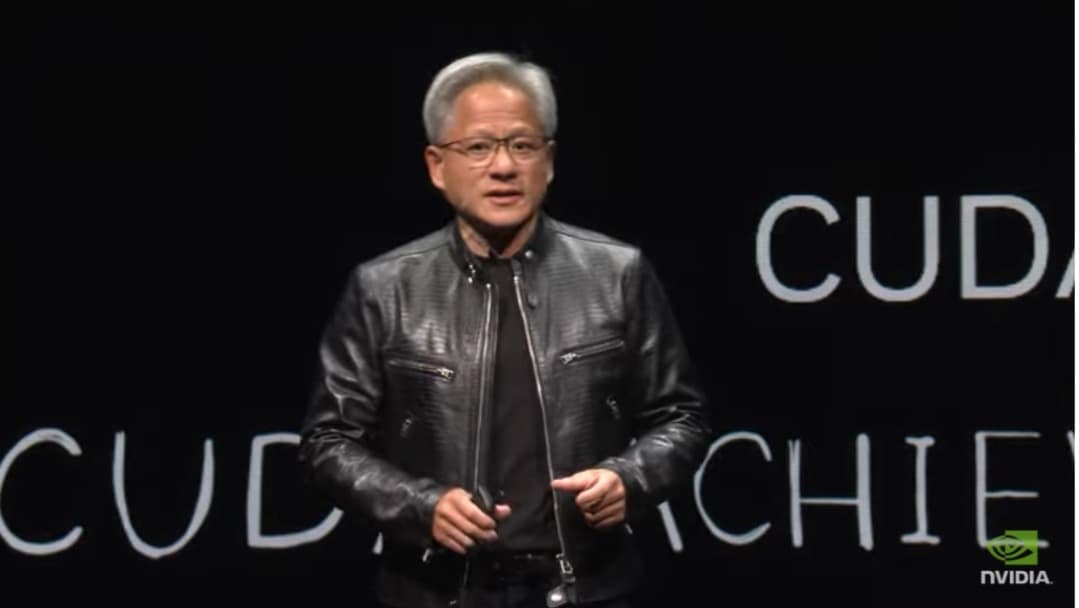M&S is announcing the initial results from first retailer run ‘autonomous field’ trial, which will see the retailer selling lower carbon parsnips later this year. the first retailer to farm and sell a lower carbon vegetable following an ‘autonomous field’ trial.
In partnership with long-term supplier, Huntapac, the first fully autonomously farmed parsnips will be available in selected M&S stores this November. To create these lower carbon parsnips, the team has brought together all the latest technology to farm with a significantly lower environmental impact. The technology includes two robots for bed forming, planting and weeding, two different types of drone to monitor and maintain crop health, and the latest scientific testing on soil health and carbon impact. Much like when agriculture moved from horse and plough to mechanical tractors, these latest technologies offer a future of farming that will aid farmers, create more highly skilled jobs in the industry and attract new talent.
The team has adopted a minimum till approach to help keep carbon locked into the soil, a green fertiliser and the new tech, which uses significantly less diesel than a traditional tractor to reduce carbon emissions. The green fertiliser is not only produced with a lower carbon footprint than traditional methods but works by removing nitrogen dioxide from the air and converting it to nitrogen which is used by the plants for photosynthesis. Initial data shows 46% carbon reduction compared to standard methods.
On top of the carbon impact, the use of the new technology has other benefits including improved quality and quantity of crop yields. AI was used to monitor and improve crop health and autonomous technology can reduce weather impact. For example, in March this year, following the wettest six months in England since 18711, the team were able to get in and plant the field with the autonomous robot which wouldn’t have been possible with a traditional tractor. This has also contributed to an increase in quality and number of parsnips and reduced waste, with a 16% higher yield of grade one vegetables compared to Huntapac’s other parsnip fields.
The field also includes various measures from M&S’ Farming with Nature programme to improve biodiversity of both wildlife and the soil, including agrisound boxes and wildflower borders. AgriSound technology monitors pollinator numbers with specialist listening devices situated on farm.
The parsnips are being grown in Yorkshire and will become available in selected M&S stores in November.
The trial was the first M&S Food project to be funded by the M&S Plan A Net Zero accelerator fund, which the retailer launched to find innovation projects to enable rapid action towards net zero to meet its Plan A goal of being a Net Zero business across its entire supply chain by 2040.
Andrew Clappen, Technical Director at M&S Food, said: “Innovation is at the heart of M&S Food and our Plan A Accelerator Fund offers us the opportunity to tap into the entrepreneurial spirit of our suppliers. Projects like this help us move towards being a Net Zero business across all our operations and entire supply chain by 2040, whilst focussing on the quality of produce that M&S is famous for.
Agriculture is one of our biggest contributors to emissions, so it’s important that we find new lower impact farming methods. Trialling new ways to support our Plan A roadmap to Net Zero is an important step on the journey and this project has helped deliver more parsnips at M&S quality, a carbon reduction and brings together new technologies which if adopted more widely would create more highly skilled jobs and attract new talent into the sector.”
Stephen Shields, Technical & Sustainability Director at Huntapac, said: “Our 40-year relationship with M&S has gone from strength to strength and we couldn’t have done this project without the Plan A Accelerator Fund. Not only are we seeing a reduction of the carbon impact but more parsnips at higher quality, due to us being able to plant the seeds despite bad weather earlier this year. This would have a fantastic impact on our business at scale and we’re aiming to deliver multiple fields farmed this way for next season.”


















